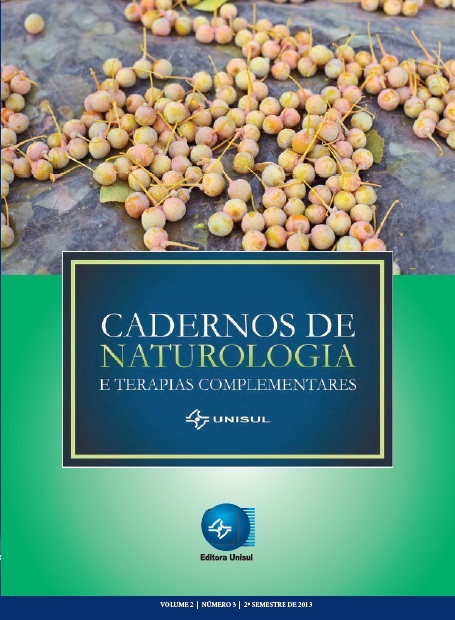Skeletal muscle aches reactive to temperature changes: the concept of the obstructive syndrome of the traditional chinese medicine
DOI:
https://doi.org/10.19177/cntc.v2e3201349-55Keywords:
Obstructive Syndrome, Skeletal muscle aches, Traditional Chinese MedicineAbstract
The influence of climate and temperature in the etiology of diseases is very important to the Chinese culture and therapy; therefore the skeletal muscle aches reactive to temperature changes require a lot of attention, which is given by Traditional Chinese Medicine practitioners. The Obstructive Syndrome (Bi Zheng) is very common in the clinical practice of acupuncture due to its excellent results. Nowadays, the western medicine studies are trying to understand how the weather conditions and temperature changes influence the worsening of joint aches as well as the discomfort of old injuries. The present study aimed to provide an accurate definition and identification for the Obstructive Syndrome and, mainly, differentiate that syndrome from the ones in the Traditional Chinese Medicine. To accomplish that, we studied the classic and contemporary literature about the topic and got to the conclusion that the Obstructive Syndrome is the result of any skeletal muscle ache, which is strictly caused by the invasion of external pathogenic factors such as wind, cold and moist.Downloads
Published
2013-12-06
Issue
Section
Review articles


